How Far Back Can the IRS Go for Unfiled Taxes?
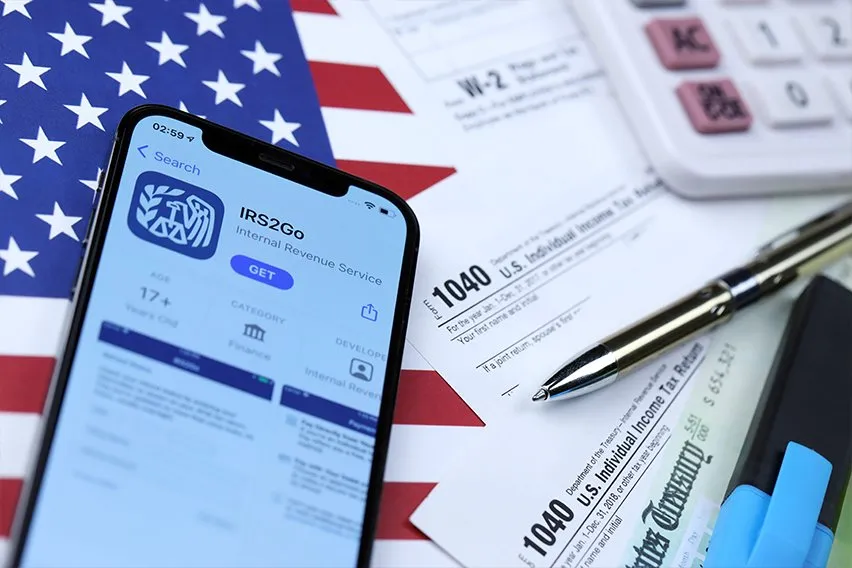
The IRS requires you to go back and file your last six years of tax returns to get in their good graces. Usually, the IRS requires you to file taxes for up to the past six years of delinquency, though they encourage taxpayers to file all missing tax returns if possible.
If you’re wondering, ‘What happens if I don’t file taxes?’ it’s important to note that failing to file can result in various penalties.
Payment plans can be arranged with the IRS. They offer several programs including installment agreements, offer in compromise settlements and even offer a currently not collectible statuses where the IRS agrees not to enforce collections of your tax debt if it would create financial hardship. In some cases, bankruptcy can eliminate what you owe on returns.
This article will also discuss:
Eight Tips for Filing Back Tax Returns

Eight Tips for Filing Back Tax Returns
Filing your back taxes with the IRS can be daunting. Here are nine tips to remember when filing back taxes.
1. Confirm That You’re Only Going Back Six Years
Call the IRS or a tax professional can use a dedicated hotline to confirm that you only have to go back six years back for unfiled taxes.
2. You Won’t Get Old Refunds
The IRS doesn’t pay out old refunds. You can only claim refunds for returns filed within three years of the due date of the return. Everything before that is lost and you cannot collect that return.
3. Transcripts Help
Preparing an accurate return that matches IRS records is so important while filing back taxes. Request your wage and income transcripts from the IRS and trace your income history. Without this information, the IRS can question the accuracy of your return. Request transcripts to verify the amounts you may have paid for any estimated tax payments that you can credit to your owed tax balance.
4. Beware of Penalties
You might face a lot of fees if you have not paid in years and those fees can add up. You can incur such penalties like failure to file and failure to pay.
5. Request Penalty Abatement
The IRS can be lenient and understand your financial difficulties. You can ask the IRS not to charge ou a failure to file or pay penalties on balance-due returns. You can either use the first-abatement for the first year if you qualify, or you can consider filing a reasonable cause agreement for late filing and get some relief for paying back your fees.

6. The IRS May Have Filed a Return for You
Sometimes the IRS starts the process called a substitute for a return about three years after the due date on the return. When you file a return to replace the substitute of return, the IRS closely scrutinizes the replacement return and compare it to information statements on file. The IRS might take more time than usual to process the replacement returns – in some cases, more than four months – because of the scrutiny of the replacement return.
7. Delinquent Returns May Need Special Processing
If you have a substitute for return in your past or delinquent-return notice, you will need to file the return with specific IRS units for special processing.
8. You Can Set up a Payment Agreement with the IRS
If you owe money to the IRS, you can set up payment agreements if you can’t pay back your returns right away. There several types of payment plans, depending on what you need. If you don’t set up a payment plan with the IRS and you avoid paying the IRS, the IRS will send their collections department after you.
RELATED ARTICLES

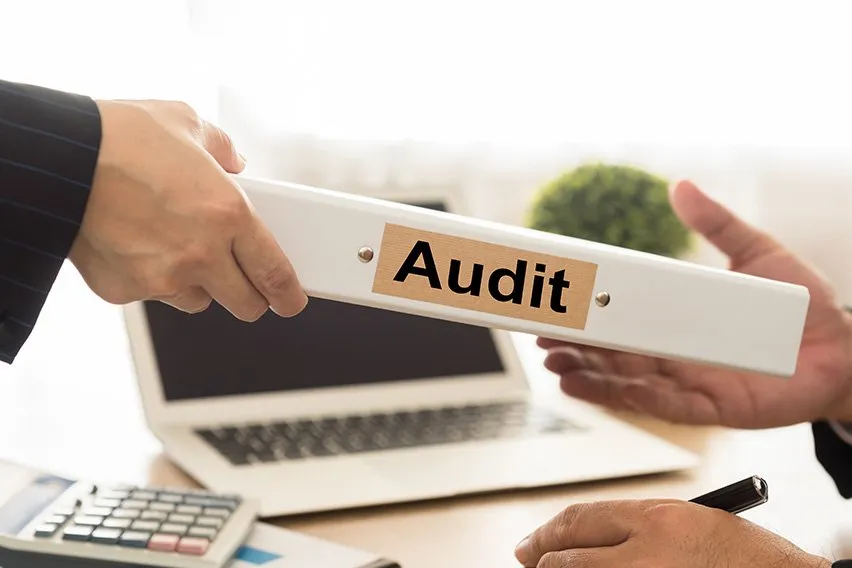 How Many Years Can You Be Audited?
How Many Years Can You Be Audited?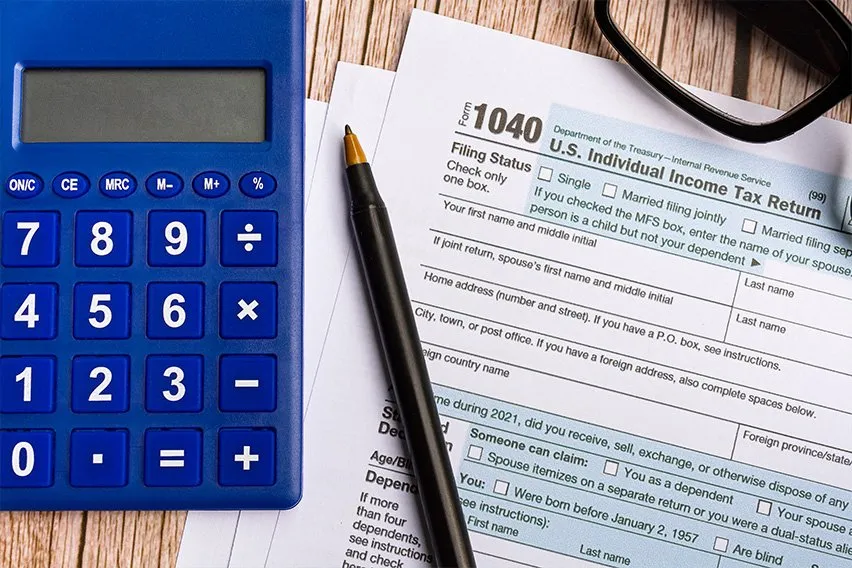 6 Freelance Tax Deductions & Benefits for the Self-Employed
6 Freelance Tax Deductions & Benefits for the Self-Employed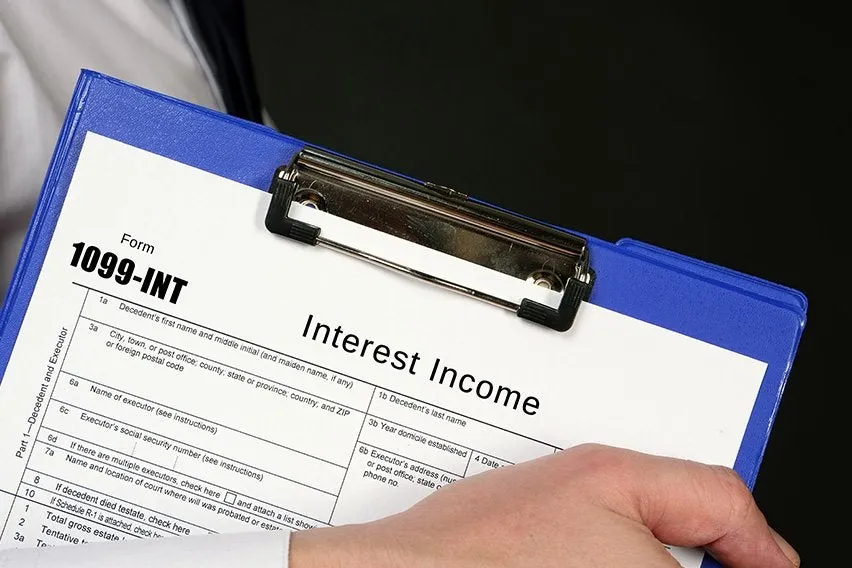 How Is Interest Income Taxed and Reported
How Is Interest Income Taxed and Reported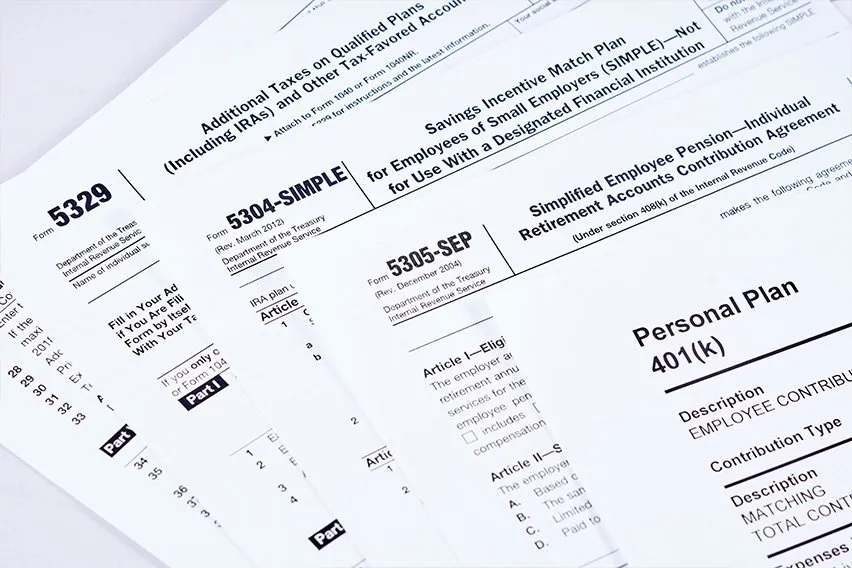 Do You Have to Report 401k on Tax Return? It Depends
Do You Have to Report 401k on Tax Return? It Depends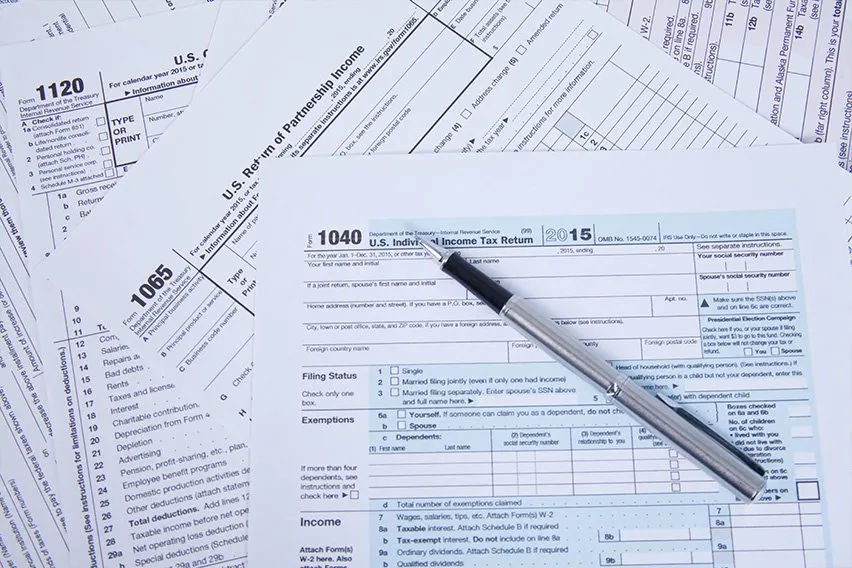 What Forms Do I Need to File Taxes?
What Forms Do I Need to File Taxes? What Is an Excise Tax?
What Is an Excise Tax?